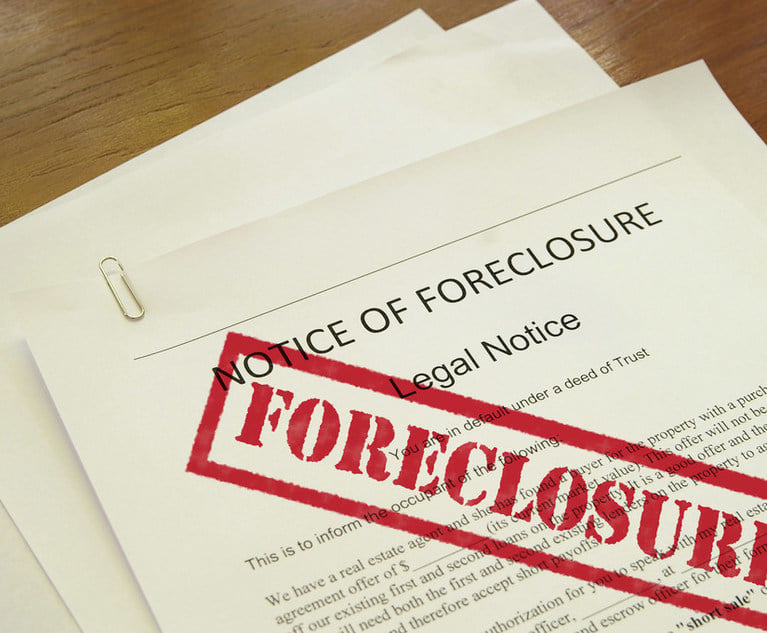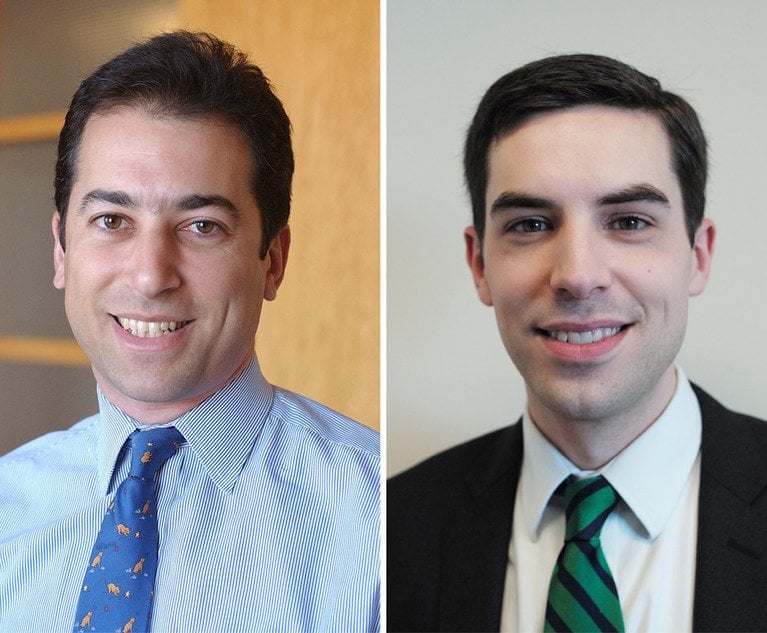Judgments of foreclosure and sale granted in favor of lenders are being reversed. This article highlights the underdiscussed expanded burden now imposed by the Second Department that lenders must satisfy to successfully foreclose on a defaulted loan. Many foreclosure proceedings already at the judgment stage are being unwound for the proofs submitted by the lenders years prior when moving for summary judgment now being considered insufficient to prove that the loan is actually in default. These 11th hour reversals of foreclosure judgments, however, can and should be avoided from the start.
In order for a lender to establish its prima facie entitlement to judgment as a matter of law in an action to foreclose a mortgage, the lender “must produce the mortgage, the unpaid note, and evidence of default.” CitiMortgage v. McKenzie, 161 A.D.3d 1040, 1040 (2d Dep’t 2018). For as long as practitioners can remember, a sworn statement from the lender or the lender’s servicer based on business records confirming that the loan is in default was enough to achieve summary judgment and the appointment of a referee to report on the amount due. Not anymore. The actual business records relied upon must now be produced to prove that a borrower is in default on a loan.


 Credit: zimmytws/stock.adobe.com
Credit: zimmytws/stock.adobe.com




